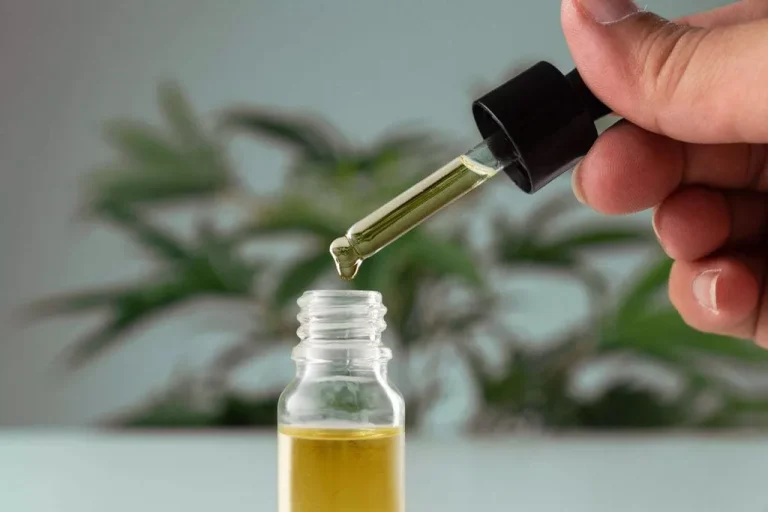
I say this as someone who leaving an alcoholic almost put my husband in this situation. My drinking put a terrible strain on our marriage and it was hurting us both. You may find that you’re spending all your time doing damage control at your job, with friends and family, or dealing with the fallout from the drinking. If your partner is not hearing your pleas and concerns and won’t even consider how their behavior impacts you, the problem is more significant than just their drinking.
How To Leave An Alcoholic Partner
Understanding the depth of your partner’s alcoholism is essential in assessing whether you can support them while protecting your own mental health. If you have been living with a partner with an alcohol addiction, you may be wondering when it’s time to leave an alcoholic. WHO estimates that 55% of domestic abusers had been drinking alcohol before the assault. If there is physical abuse, domestic violence or intimidation in your marriage, you may need to take extra steps to protect yourself and your children during the divorce process.
Emotional Considerations and Decision-Making

He will only get better if he chooses to, according to HelpGuide. A few years ago another woman came in with the same problem and concern, she was married to an alcoholic. I got her and her husband to sign a contract, that stated, that if he drank one more time she would file for divorce. She had lined up a marijuana addiction divorce attorney, I had all the paperwork prepared and showed him the prepared paperwork. Claire is a personal finance expert, businesswoman with 25 years of experience, and the founder of AskFlossie.

Medication-Assisted Treatment
Check out our blog posts and resource links for the latest information on substance abuse. According to the National Institutes of Health (NIH), the impact of alcoholism ripples through the entire family, causing distress among those of all ages. Drinking may be a coping mechanism for your spouse due to a trauma they experienced in their youth. AUDs can run in families, so it’s possible your spouse had an alcoholic parent which may be discussed in therapy. In addition to this, consider support groups or sober living options. There are therapy options as well as 12-step programs such as Alcoholics Anonymous (AA) or Al-Anon.

Inpatient or Residential Treatment
After all, most people who struggle with substance abuse are in denial about the severity of their problems, and that’s especially true for functional alcoholics. If you need support determining how to leave an alcoholic husband, you may consider working with a therapist or contacting a local support group for family members of alcoholics. For example, an Al-Anon group can provide you with the guidance you need. Remember, one of the signs of an alcoholic husband or wife is strong alcohol cravings and an inability to cut back on drinking. If you want your alcoholic partner to get better, you could be sabotaging their progress if you continue to drink alcohol.

According to experts, people who are in recovery from alcohol abuse need an environment that allows them to stay sober, including strong sources of social support. Many people may stay in the marriage or partnership, despite the challenges of living with an alcoholic. Ultimately, the decision of whether to stop drinking is a personal one that depends on your own relationship dynamics and individual circumstances. If you do choose to continue drinking, it’s important to do so responsibly and respectfully of your partner’s journey. First and foremost, it’s important to remember that alcoholism is not your fault or responsibility.
This is especially important if you’ve been a victim of domestic violence. Speaking on behalf of your kid, having one safe, stable home during a divorce is critical, even if it isn’t fancy. Dasha Kennedy, Financial Activist @TheBrokeBlackGirl recently had a fantastic thread on Instagram about putting emotion behind you and protecting accounts in the wake of divorce. Divorcing an alcoholic is a brutal, messy situation that can feel downright impossible. As long as you know that you’ve tried your best, then you shouldn’t feel guilty for removing this person from your life.
Reasons someone stays in a relationship with an alcoholic
- The idea of talking to your alcoholic partner about their drinking can be daunting.
- They may also report feeling strong cravings for alcohol, and they seem to be unable to resist the urge to drink, to the point that their entire life centers around alcohol.
- In some cases, families may hire a professional interventionist to mediate and assist with the conversation.
- She, found out that she had shattered her addiction with codependency, her fear of his rejection, his criticism, and the end result was a saved the marriage.
Deciding whether to leave a relationship where alcoholism plays a dominant role is one of the hardest decisions one might ever have to make. It’s a deeply personal journey, filled with emotional turmoil and hope for a better future. Here, I share my own experience, and the lessons learned about when to leave an alcoholic, hoping to offer solace and guidance to others facing similar dilemmas.
Signs and Situations That Indicate When to Leave an Alcoholic
These are not just for the one struggling with addiction but for their family. Manipulation is another form of emotional abuse that’s common in these relationships. Your partner might use guilt-tripping or gaslighting – making you doubt your own reality – to keep you in a state of confusion and dependency.
- Divorcing an alcoholic is a brutal, messy situation that can feel downright impossible.
- You need to know that your experience with an alcoholic spouse is traumatic and damaging to you and your children.
- If you’re unsure about your decision, consider speaking with a therapist or counselor.
- Many alcoholics cannot sustain their careers and lose their jobs.
- If you want to divorce an alcoholic, you need to gather all the evidence that you need to support the claim.
How to Leave an Alcoholic Safely
Sometimes when we try to rescue or fix those we see struggling, they cannot take responsibility for themselves. This frequently happens in codependent relationships with alcoholics. Many children of alcoholics report feelings of depression and anxiety, and research shows they are more likely to have self-esteem issues. When children are involved, it takes everything to another level. Just because they aren’t physical, it doesn’t mean they’re any less damaging. Even if you’re going for the short term, getting out is most important.


